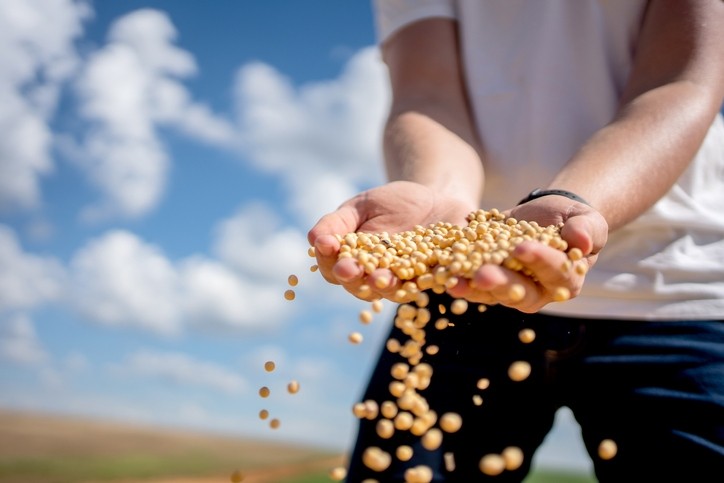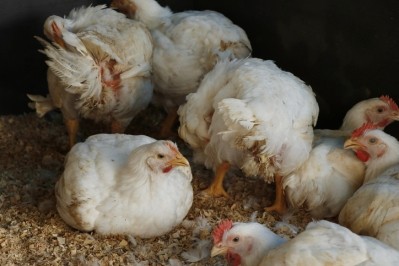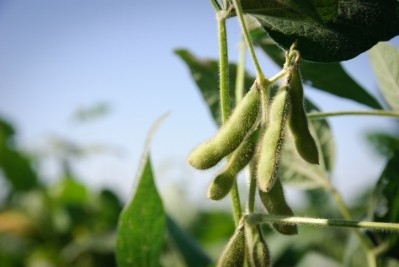Benson Hill's soybean field trials reveal minimal trade-off between yield and protein

The St Louis Missouri company disclosed that its soybean breeding program's recent breakthroughs are set to result in a doubling of its seed portfolio by 2025.
Field evaluations of Benson Hill’s third generation of Ultra High Protein Low Oligosaccharides, non-GMO soybean varieties indicate a notable 2% increase in protein content compared to the previous generation. Additionally, these soybeans exhibited a minimal yield gap of only 3 to 5 bushels per acre when contrasted with conventional GMO soybeans.
The company said this data underscores its impact on advancing agricultural practices, positioning it as a key player in the evolving landscape of seed innovation.
Jason Bull, chief technology officer, Benson Hill, commented: “We are now seeing massive gains in the field that minimize the tradeoff between yield and protein, surpassing expectations from when we began building on the high-protein soybean genetics we acquired in 2019.”
New soy varieties
Five new soy varieties for the 2024 US growing season are now available, with higher protein levels, lower anti-nutritional factors, and solid field performance, as flagged by the company’s CEO, Deanie Elsner, at FARMCON 2024.
The company said its herbicide tolerant Ultra High Protein soybean varieties are on track for commercial release in 2025, with acreage and further portfolio expansion expected in 2026.
According to Elsner, the recent field evaluations support Benson Hill’s acceleration to an asset-light model focused on partnerships and licensing, including seed.
“Over the last several years, we’ve discovered ways to boost soy protein by 8 to 10 percentage points over commodity, and there are more seed improvements coming in geographies relevant for poultry production,” she told FARMCON attendees yesterday.
“Today, Benson Hill is well positioned to validate our products with customers and end users to create market demand and begin to scale our seed innovations across approximately 7 million acres by 2030," added the CEO.
Accelerated expansion into poultry, pig feed and pet food markets presents significant opportunity for value creation, said the US firm, which has already established supply deals with Riverence, the largest land-based producer of steelhead and rainbow trout in the Americas, and with aqua feed producer, BioMar, helping both to reduce emissions through the integration of its ‘low impact’ soy ingredients into their value chains.
Feeding trials
The company recently completed an external analysis of several of its UHP-LO commercial soybean varieties, validating novel value-added attributes for poultry diets, swine rations, and pet food.
"Our validation process involved feeding trials and nutritional analysis to assess the performance of Benson Hill's non-GMO soybeans in comparison to commodity soybeans. These trials, conducted in conjunction with Eurofins, evaluated factors such as protein content, digestibility, amino acid profiles, anti-nutritional factors, and overall nutritional benefits for poultry, swine, and pet food. The results of these trials would provide evidence of the value-added attributes and advantages of Benson Hill's soybeans in these applications," Christi Dixon, Benson Hill spokesperson, told us in October.
Asset-light model
The company announced in the fall of 2023 the sale of its Seymour, Indiana crushing facility to White River Soy Processing, with the non-GM soy producer also revealing it was exploring options to divest its remaining manufacturing assets as it transitions to its new asset-light business model focused on expansion into animal feed markets, which would complement its food ingredient business.
The divestitures are expected to significantly lower working capital requirements and will help extend liquidity.












